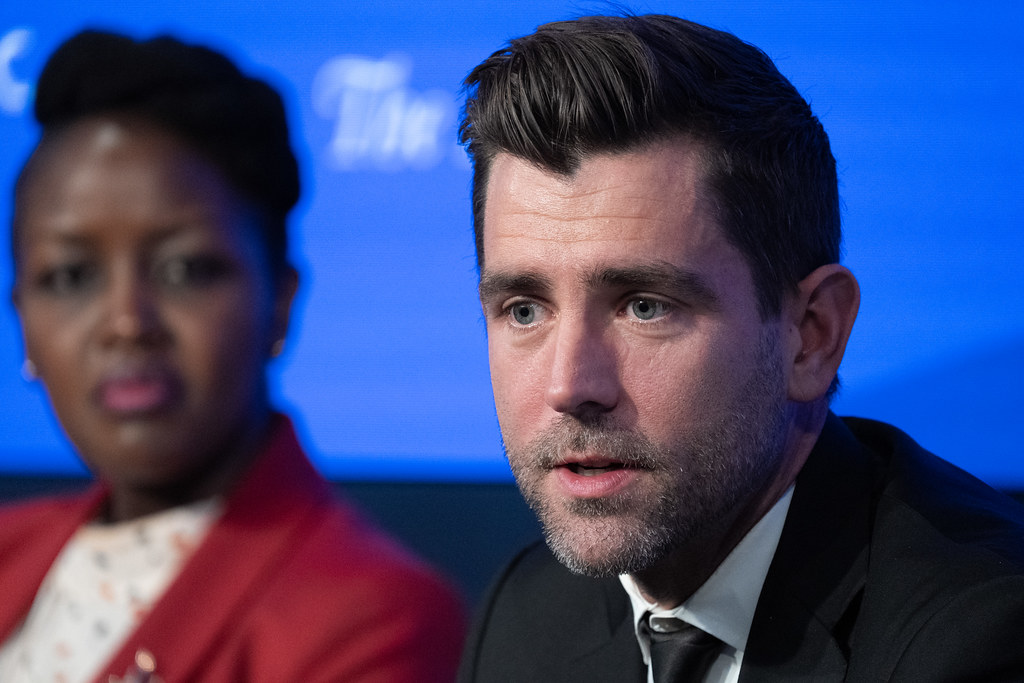
Meta chief product officer Chris Cox stated on Thursday that smart glasses will be the next major computing device. Speaking with CNBC, Cox explained, “We talk to them, we will see with them, we will use gestures the same way we interact with each other to interact with our computers.” He added, “The interfaces will get more natural, and so we certainly believe that the next really important wearable technology is going to be a pair of glasses.”
The new $799 Meta Ray-Ban Display glasses, which were unveiled on Wednesday, feature a small in-lens display that is controlled with hand movements using a neural wristband. Users will be able to record videos, send messages via voice, or physically with handwriting gestures on their knee. Cox noted, “We’ve started with just the basics, which is messaging, which we know is the thing people want to do in a more fluid way.” The new glasses, unlike Meta’s previous audio-only smart glasses, allow people to see messages and watch videos.
Rivalry in the Smart Glasses Market
Meta has seen promising results with its second-generation Ray-Ban smart glasses, a collaboration with EssilorLuxottica, which were released in 2023. EssilorLuxottica CEO Francesco Milleri said in February that 2 million units had been sold since their debut. EssilorLuxottica’s second-quarter earnings report revealed that revenue from the Ray-Ban Meta glasses more than tripled in the first half of the year compared to the year before. The success of the glasses, along with the Oakley Meta Performance AI glasses that launched in June, helped EssilorLuxottica’s overall sales reach €7.2 billion, or $8.5 billion, during the second quarter.
While it’s still unclear whether Meta’s bet on smart glasses will fully pay off, the company is facing growing competition. In May, Google announced a $150 million partnership with Warby Parker to develop AI-powered glasses. Snap revealed plans in June to release its sixth generation of augmented reality glasses in 2026. Apple is also reportedly planning to release its own smart glasses by the end of next year, with rumors suggesting a late 2026 or early 2027 launch.
Author’s Opinion
Meta’s aggressive push into smart glasses, and Cox’s rhetoric, is a high-stakes bet on a new paradigm of computing. By focusing on natural, hands-free interfaces, Meta is attempting to create a seamless user experience that could make smartphones feel obsolete. Despite the promising sales of the previous model, the live demo failure at Connect serves as a reminder that the technology is still in its early stages. The competition from tech giants with vast resources suggests that the winner of this race will not just be a company with the best product, but one that can successfully build an entire ecosystem of software, hardware, and user trust. Meta seems to understand this, and is building a full suite of products for different use cases to secure its place in this new market.
Featured image credit: World Economic Forum via Flickr
For more stories like it, click the +Follow button at the top of this page to follow us.
